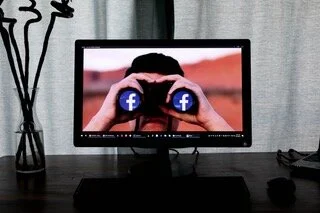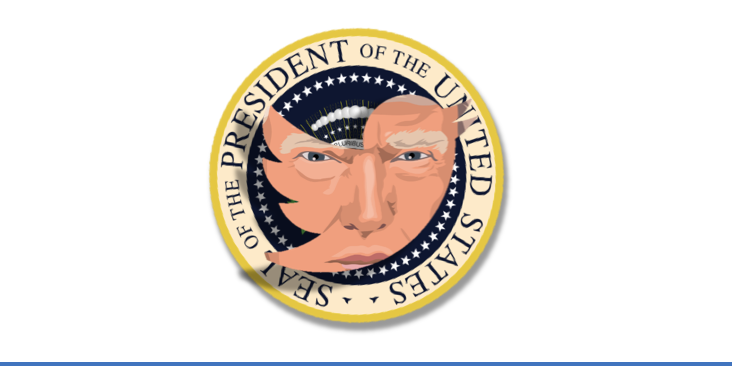The American education system does not focus on financial literacy in any significant way. Only 21 states actually require some form of financial literacy education and even fewer require this education to be in a designated course. As such, many young investors are not well-versed in the securities market and its many offerings.
Why COVID-19 Furthers the Case for a National Biometric Privacy Law
The global pandemic has both increased the demand for contactless biometric technologies and pushed for innovation in this industry. This increase in demand and innovation of biometric technology has amplified the inherent data privacy concerns in the technology, making the need for a national biometric law evident.
Should We Really Break Up Facebook?
Almost 70% of adults in the United States used Facebook in 2018. Interestingly, Facebook does not charge any of its 2.45 billion active users for access to its platform, but instead generates revenue by collecting and analyzing personal data to sell targeted advertisements. This enormous user base is the foundation of the company’s dominance in the social-networking industry. Indeed, Facebook-owned companies account for 90% of all time spent on social-networking sites. As a result, nearly 84% of all online social advertisement spending is paid to Facebook.
The Politicization of Social Media
Let’s face it: social media is political.
Based on a study by Pew Research Center, if you log onto your favorite social media site – Twitter, Facebook, Instagram, LinkedIn, etc. – and scroll through your newsfeed for two to five minutes, there is a 93% chance you will see at least one political post.
And this raises one big question: Is it good or bad that social media is so political?




